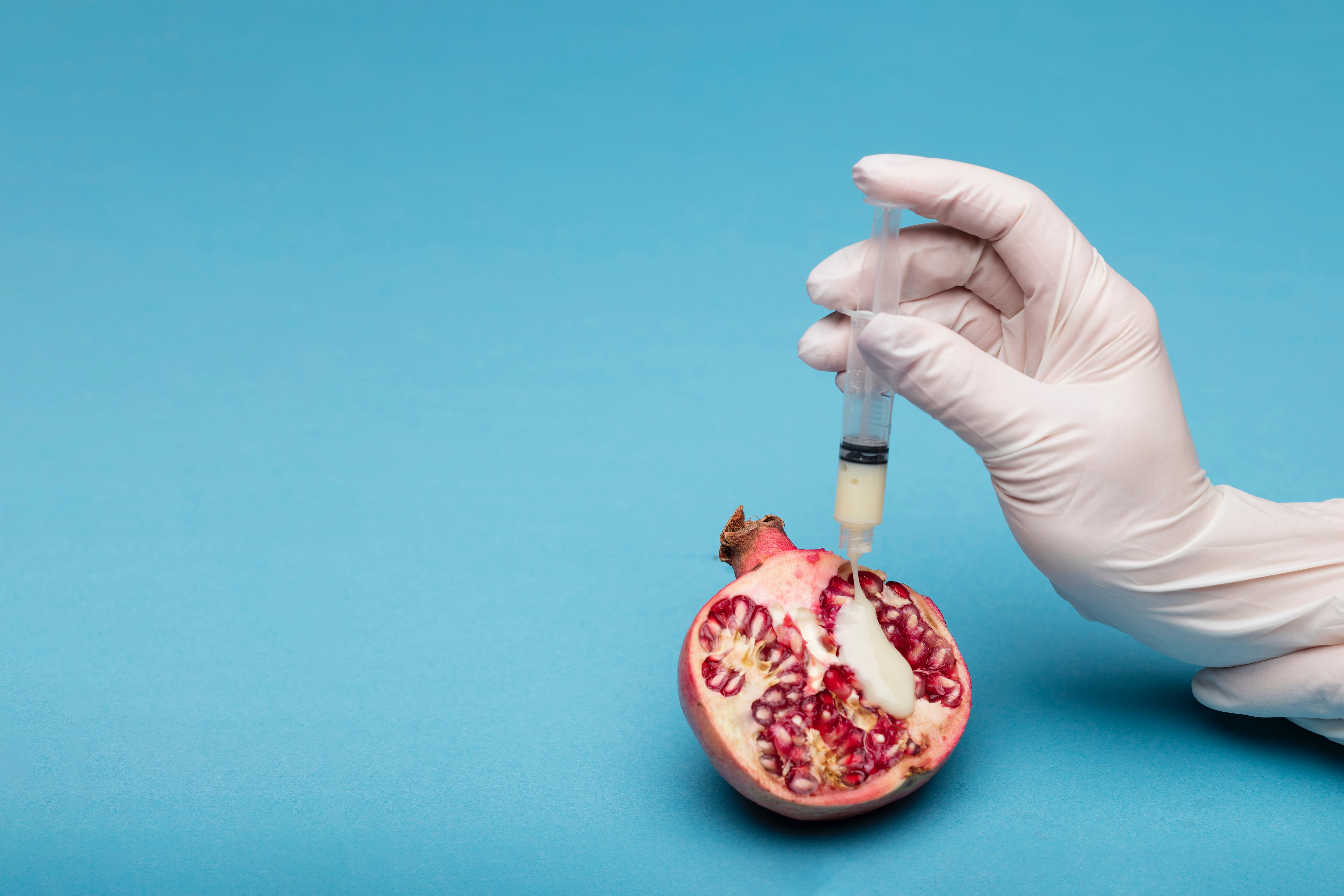
THE UAE ELIMINATES SURROGACY BAN & GRANTS IVF TREATMENTS ACCESS FOR UNMARRIED COUPLES
01 November 2023
Zina Majouri
The UAE has achieved a significant milestone in its legal system with the passing of Federal Decree Law No. 17 of 2023, amending the Federal Decree Law No. 7 of 2019, which eliminates the ban on surrogacy and grants unmarried couples access to IVF treatments. This progressive step not only expands the choices available to individuals and families in shaping their lives but also paves the way for a more comprehensive and forward-thinking legal framework for gestational surrogacy.
Dubai: The fundamental purpose of UAE's laws is to improve the quality of life, promote happiness, and protect basic rights. These changes broaden the range of options for family planning and demonstrate the country's commitment to being a modern, open-minded, and tolerant nation.
The new Law establishes a framework for intra-governmental consultation and decision-making and permits restricted scientific research in the realm of fertility treatments. These modifications align with the UAE's National Agenda 2021 and the UAE Centennial 2071 project, both of which strive to enhance the UAE's global standing. These changes are particularly significant as the UAE positions itself as a leading medical hub in the region.
Surrogacy and assisted reproduction are legally complex matters in the UAE. Assisted reproduction was permitted under specific conditions and with the approval of the Ministry of Health and Prevention. It was crucial for those contemplating surrogacy or assisted reproduction in the UAE to be aware of the legal implications and possible hazards involved.
HIGHLIGHTS OF SURROGACY & ASSISTED REPRODUCTION LAWS IN THE UAE
Surrogacy and assisted reproduction have grown in popularity in recent years ceria158 as more couples and individuals seek alternative methods to start or expand their families. However, the legal landscape surrounding these practices varies from country to country. In the UAE, specific laws and regulations govern surrogacy and assisted reproduction.
Surrogacy involves a woman carrying and giving birth to a child for another person or couple. In the UAE, surrogacy was only permitted for married couples who are unable to conceive naturally. The surrogate mother has to respond to certain criteria’s:
•must be a close relative of the couple,
•the arrangement must be made through a licensed medical facility.
•She should be medically and psychologically fit to carry a child.
Whereas, assisted reproduction refers to medical procedures that aid in a woman's ability to conceive. This can include procedures like in vitro fertilization (IVF) and intrauterine insemination (IUI). In the UAE, assisted reproduction was allowed for married couples who are unable to conceive naturally. These procedures must be carried out by licensed medical facilities and adhere to strict guidelines.
MAJOR LEGAL CONSIDERATIONS & ETHICAL CONCERNS
•Citizenship: One of the main legal considerations in the UAE is the issue of citizenship for children born through surrogacy or assisted reproduction and the children born under such measures are not automatically granted UAE citizenship. Instead, their citizenship is determined by the citizenship of their biological parents. If the biological parents are UAE citizens, the child will be granted UAE citizenship. If not, the child will not be granted UAE citizenship.
•Inheritance: In the UAE, inheritance laws are based on Islamic law, which may not always align with the wishes of the parents. It is crucial for parents to seek legal advice and make appropriate arrangements to ensure their children are provided for in the event of their death.
•Donors’ identity: There are also strict guidelines regarding the use Daftar Ceria158 of donor sperm and eggs in assisted reproduction. Donors must be anonymous, and their identity must be kept confidential. The use of donor sperm or eggs must be approved by a medical committee, and the donor must undergo extensive medical and psychological testing.
•Ethically: some may argue that these practices go against traditional family values and may exploit women. However, others believe that they provide a valuable option for couples and individuals struggling with infertility.
It is a positive development that the UAE contemplated a law on assisted reproduction and surrogacy as it will offer legal clarity and safeguards for individuals who want to utilize these techniques.
The legalization of surrogacy and assisted reproduction offers safeguards to prevent exploitation or mistreatment of surrogates and donors. It establishes guidelines for clinics and medical professionals to safely and ethically provide these services.
IN CONCLUSION
Overall, surrogacy and assisted reproduction are legal in the UAE, and became legal for both married and unmarried couples, but there are specific guidelines and regulations that must be followed. It is important for those considering these practices to seek legal and medical and legal advice to ensure they are well-informed and prepared. While there are legal and ethical considerations, surrogacy and assisted reproduction can offer a valuable solution for those facing infertility.
ALKETBI TOUCH:
Our team has excelled in providing accurate advice and supported individuals and families in the UAE with all matters relating to family laws. Should you believe that you are unable to take a decision and you need to discuss so you and take an informed decision, consult with us, we will happy to assist, let us know.
Latest News



05/23/2025
Gandhi AlMinaj

05/18/2025
Mustafa Salaheldin Eltahir






